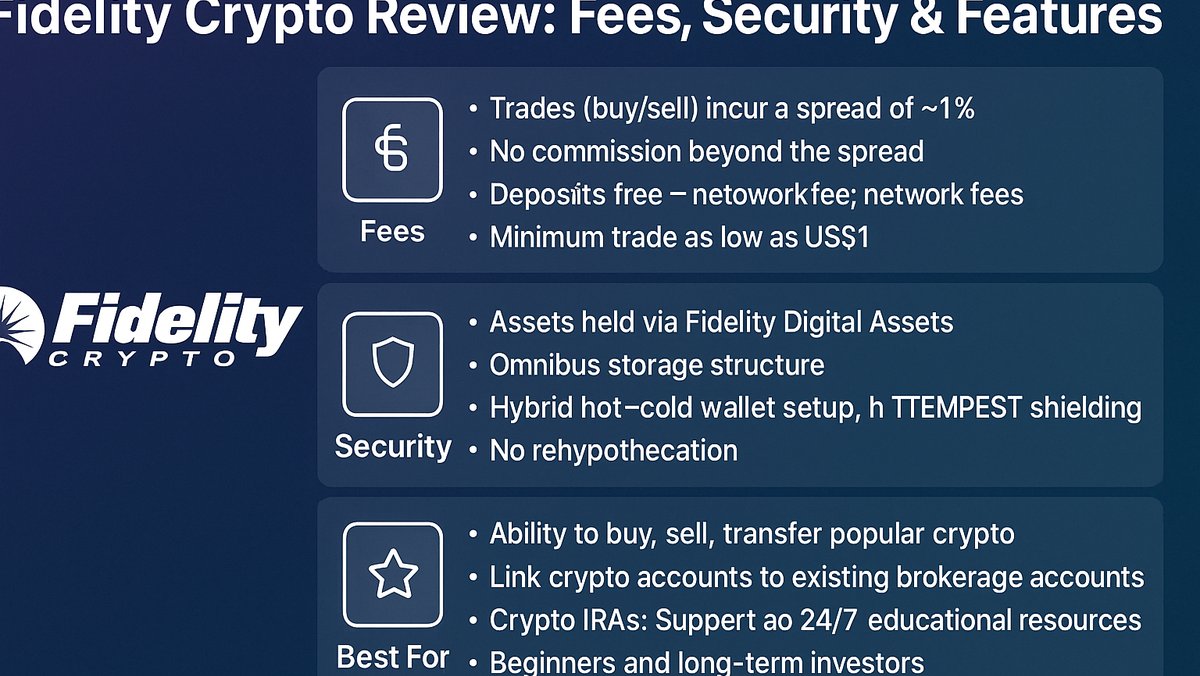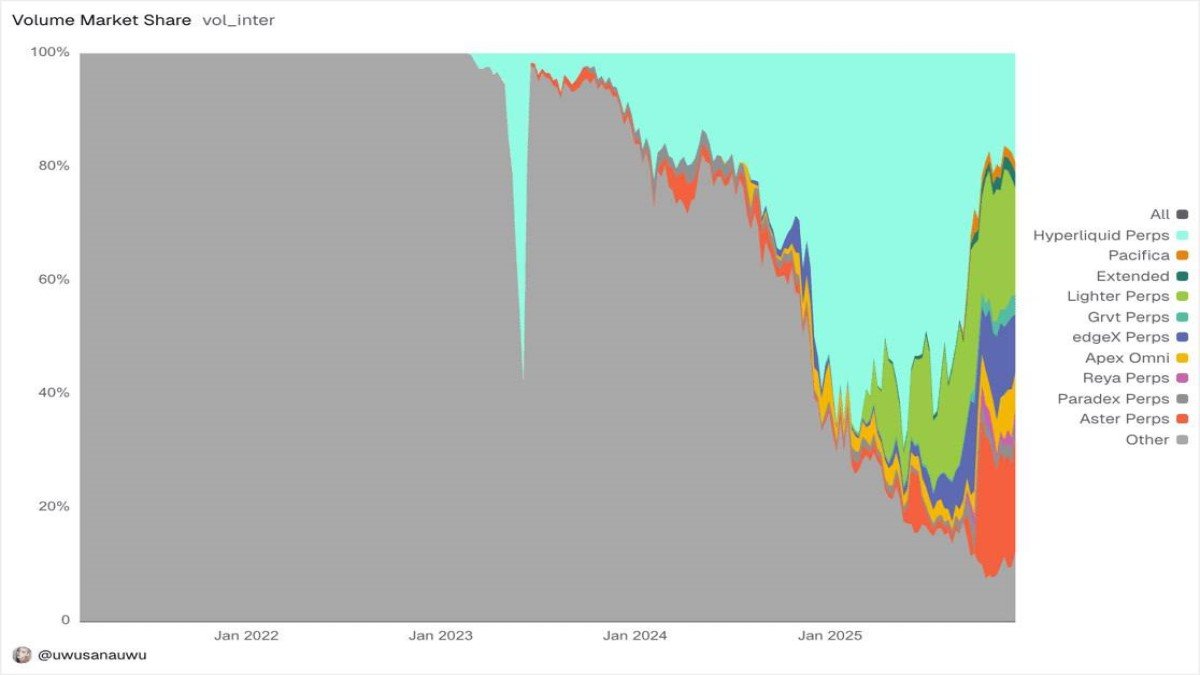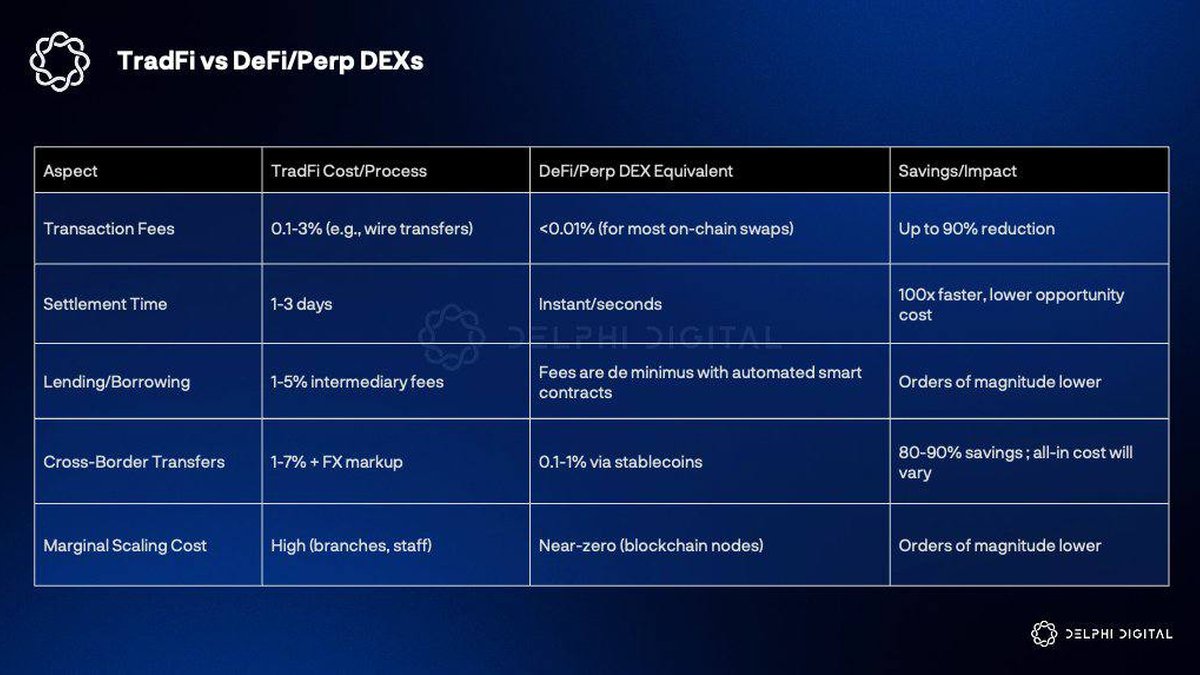Fidelity Crypto Review: Fees, Security & Features
Fidelity has long been a household name in traditional finance, renowned for its brokerage services, retirement accounts, and investment research. In recent years, it has expanded decisively into the world of digital assets, offering its own crypto trading platform: Fidelity Crypto. This review takes an in-depth look at its fee structure, security protocols, and trading features in 2025. With institutional-grade credibility and a growing retail presence, Fidelity Crypto aims to bridge the gap between Wall Street trust and blockchain innovation.
Background and Evolution
Fidelity entered the crypto market cautiously, first offering Bitcoin custody to institutional clients before gradually launching trading services to retail investors. By 2025, Fidelity Crypto has become a fully integrated platform, enabling the purchase, sale, and custody of digital assets directly within Fidelity’s ecosystem. Unlike many competitors, it prioritizes regulatory compliance and investor protection, aligning with the firm’s longstanding reputation in traditional finance.
Fee Structure
Fidelity Crypto differentiates itself through transparent and relatively competitive pricing. Trading fees are typically between 0.35% and 0.50%, slightly higher than low-cost global exchanges like Binance, but justified by the trust and regulatory safeguards provided. Fidelity does not charge hidden spreads, ensuring users know the true cost of each trade. For institutional clients, tiered pricing with discounts for high-volume trading is available, making it attractive for large portfolios. Additionally, custody services may include insurance and specialized security, factors that justify a modest premium.
Security Measures
Security is where Fidelity Crypto shines. As one of the few regulated, U.S.-based financial giants offering digital asset trading, Fidelity employs:
- Cold Storage Custody: The majority of digital assets are stored offline, minimizing conducting a security breach risks.
- Multi-Signature Authentication: Transactions require multiple authorizations, reducing the chance of insider illegal deception or single-point failures.
- Insurance Coverage: Fidelity offers insurance against theft or cyber breaches, providing peace of mind unmatched by many smaller exchanges.
- Regulatory Compliance: The platform adheres to SEC, CFTC, and FinCEN standards, ensuring strong anti-money laundering (AML) and know-your-customer (KYC) practices.
Compared to offshore exchanges, this rigorous compliance makes Fidelity Crypto particularly appealing to risk-averse investors.
Trading Features
Although not the most feature-rich exchange globally, Fidelity Crypto focuses on simplicity and reliability. Its trading interface is streamlined, allowing both retail and institutional investors to execute trades without unnecessary complexity. Key features include:
• Spot Trading: Support for major cryptocurrencies such as Bitcoin, Ethereum, and select altcoins, with plans to expand cautiously.
• Portfolio Integration: Assets held on Fidelity Crypto can be viewed alongside traditional holdings like stocks, ETFs, and bonds, giving investors a complete picture of their finances.
• Research Tools: Fidelity leverages its research division to provide market insights, risk analysis, and educational content for crypto investors.
• Retirement Integration: Clients can now gain crypto exposure in retirement accounts, bridging traditional investment vehicles with blockchain assets.
Comparisons with Competitors
Compared to exchanges like Coinbase or Binance, Fidelity Crypto offers fewer tokens and lacks advanced features such as derivatives or NFT marketplaces. However, its strengths lie in security, trust, and integration with traditional finance. Coinbase remains strong in user-friendliness, while Binance excels in low fees and global liquidity. Fidelity positions itself as a safe harbor for conservative investors who prioritize compliance and protection over speculative trading opportunities.
Risks and Considerations
Despite its advantages, Fidelity Crypto comes with limitations:
- Limited Token Offering: Its cautious approach excludes many emerging altcoins, which may frustrate traders seeking high-risk, high-reward opportunities.
- Higher Fees: Active traders may find its fees less competitive compared to global exchanges offering near-zero cost trading.
- Geographic Restrictions: Regulatory constraints may limit availability in certain jurisdictions, reducing its global reach.
Investment Outlook
Looking ahead, Fidelity Crypto is positioned to become one of the most trusted digital asset platforms in the U.S. Its institutional backing, strict compliance, and integration with retirement and brokerage services make it a compelling choice for mainstream adoption. As crypto becomes more embedded in traditional finance, Fidelity’s role as a bridge between the two worlds will likely expand. Investors seeking long-term, regulated exposure to digital assets may find Fidelity Crypto an ideal solution.
Conclusion
Fidelity Crypto isn’t the flashiest exchange, nor is it the cheapest. Instead, it’s a platform built on trust, security, and integration with traditional finance. For investors who value regulation, institutional safeguards, and simplicity over speculative tools, Fidelity Crypto stands as one of the most reliable exchanges of 2025. In an industry often criticized for volatility and uncertainty, Fidelity provides a rare sense of stability.
Further Reading and Resources
Crypto | SEC Coin | Crypto Insurance
Frequently Asked Questions
Is Fidelity Crypto safe? Yes. Fidelity employs institutional-grade cold storage, multi-sig authentication, and insurance protection, making it one of the safest platforms available.
Does Fidelity Crypto have high fees? Fees are slightly higher than global competitors, but they reflect the platform’s compliance, security, and integration with traditional finance.
What coins can I trade on Fidelity Crypto? Bitcoin, Ethereum, and a curated list of major cryptocurrencies. Fidelity takes a cautious approach to asset listing.
Can I include crypto in retirement accounts with Fidelity? Yes. Fidelity allows clients to gain crypto exposure in retirement accounts, an option rare among competitors.
Who should use Fidelity Crypto? Conservative investors, institutions, and individuals seeking regulated, long-term exposure to digital assets.







